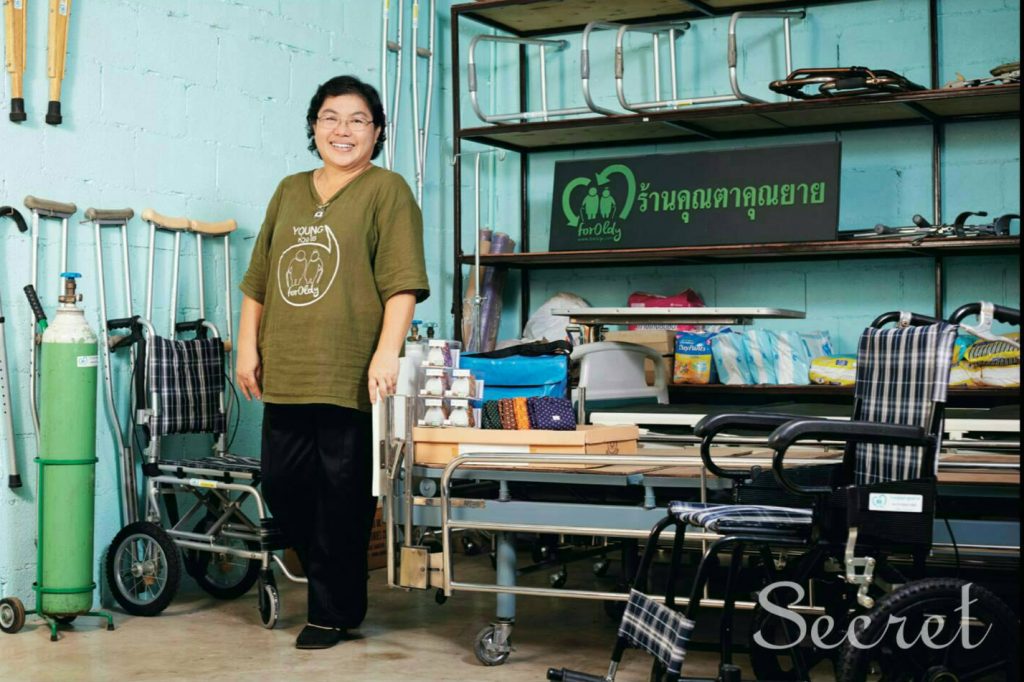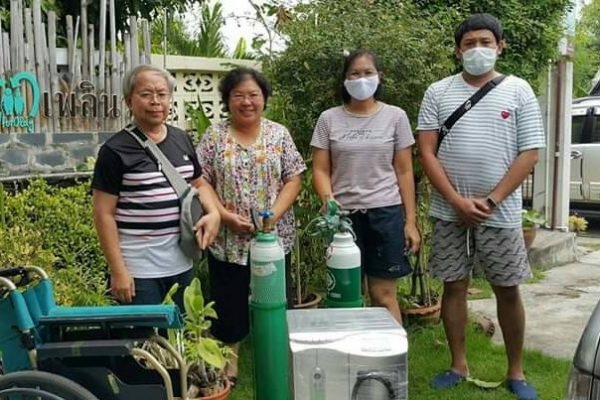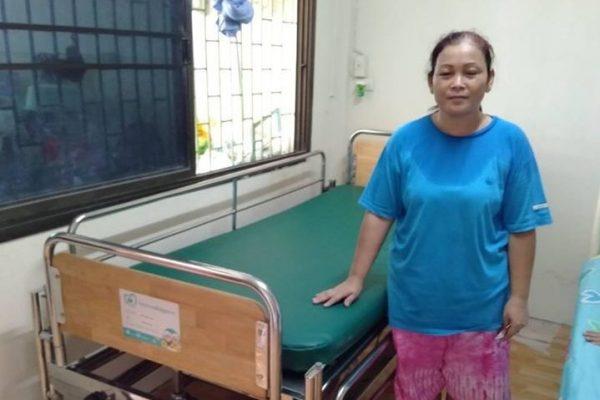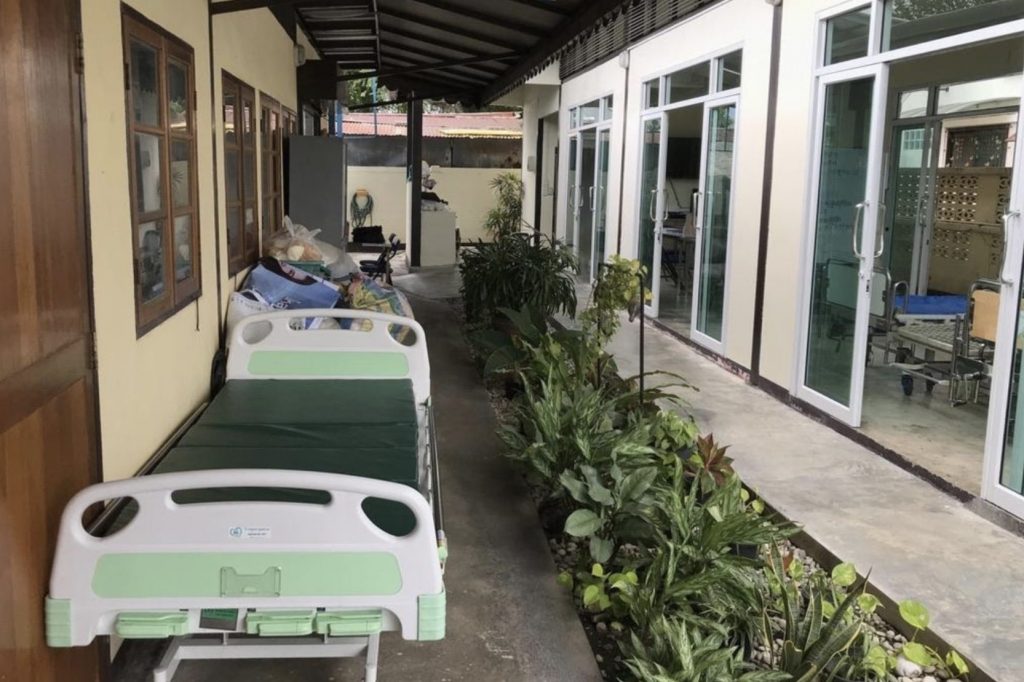2020 HAPI 2nd Prize Winner
In 2009, an enterprising woman in Thailand decided to make a change in her life. She had worked on youth programs with ECPAT International and the Bangkok YMCA, and had also worked in community development for Thailand’s National Housing Authority. But she realized that there was another issue that interested her: the growing aged population in her country. Influenced by a homestay she had done in Japan 23 years ago, where she felt that older people seemed to be living happier lives, she decided to use her experience to help low-income and disadvantaged older people in Bangkok.
Ms. Oranuch Lerdkulladilok, an energetic woman with a broad smile and an entrepreneurial spirit, launched a new initiative that combines social enterprise and social development for older people. Drawing on models she saw around the region—self-empowerment programs in the Philippines, day care centers in Malaysia, and Korean at-home care models—she created the forOldy membership network, which has expanded over the past decade to include eight communities within Bangkok. Members have access to everything from at-home visits from healthcare volunteers to income-generating initiatives, educational programs, and a funeral savings fund that helps cover the costs when members pass away.
One critical need that Ms. Lerdkulladilok identified among the older, low-income community members was medical devices to assist with care and mobility. Items such as wheelchairs, walkers, medical beds, and bathing chairs were in great demand, but were too expensive for most people to purchase. In response, she started the Khun Ta Khun Yai Shop (or literally, Grandpa-Grandma Shop) using a space at her family property. As she explains, “I wanted to prepare a space where people who were no longer using these items could donate them rather than abandon them. It reduces the hardship of having to spend a lot of money to provide equipment for loved ones and lets people live more comfortably during an illness or their final days.” The shop cleans the donated items, makes any necessary repairs, and makes them available for rent or sale. The initiative helps preserve the environment through the reuse of equipment and the income generated from the shop is used to promote activities to provide a better quality of life for seniors.
The program allows low-income forOldy members to rent the devices at an affordable price, either short-term or long-term. This gives older persons a sense of agency in that they are purchasing the items rather than receiving a handout, and also ensures that the items are in good shape and do not present a hazard to the next user. The shop also links those who are unable to pay with those who would like to donate directly to someone in need. The shop serves as a middleman, helping charitable individuals get used devices to those who need them. It uses social media to raise awareness of the initiative.
Its Facebook page is how Ms. Viroonya Vindubrahmanakul, a 52-years old freelancer who lives with her 76-year old mother with heart disease, first learned about forOldy. After receiving treatment at the hospital, her mother needed home rehabilitation, and so Ms. Vindubrahmanakul came to forOldy to rent a patient bed. She noted, “We can rent and buy the items at reasonable rates here in forOldy. It helps us to save money because we don’t know how long my mother will need it.” (Watch video of Ms. Vindubrahmanakul’s comments)
forOldy members can request any needed items through the homecare volunteers who are part of the forOldy network. These volunteers have been providing healthcare knowledge to older community members, which has helped address lifestyle-related diseases and decreased the need for assistive devices over the past six years. The combination of homecare volunteers and access to devices has increased mobility among older residents, allowing them to live with dignity and easing the burden on their families as well.
KEYS TO SUCCESS
- The initiative relies on donations of used items, thereby lowering costs, but also cleans and repairs the items, ensuring that they are ready to be safely used again.
- Promoting the reuse of these devices has the added benefit of being environmentally friendly.
- The synergy between the home healthcare volunteer program and the forOldy Shop facilitates the identification of needs in the community.
The organization is active on social media and has been the focus of a number of broadcast and print media stories that have helped draw attention to the work.
Related Resources (in Thai)





